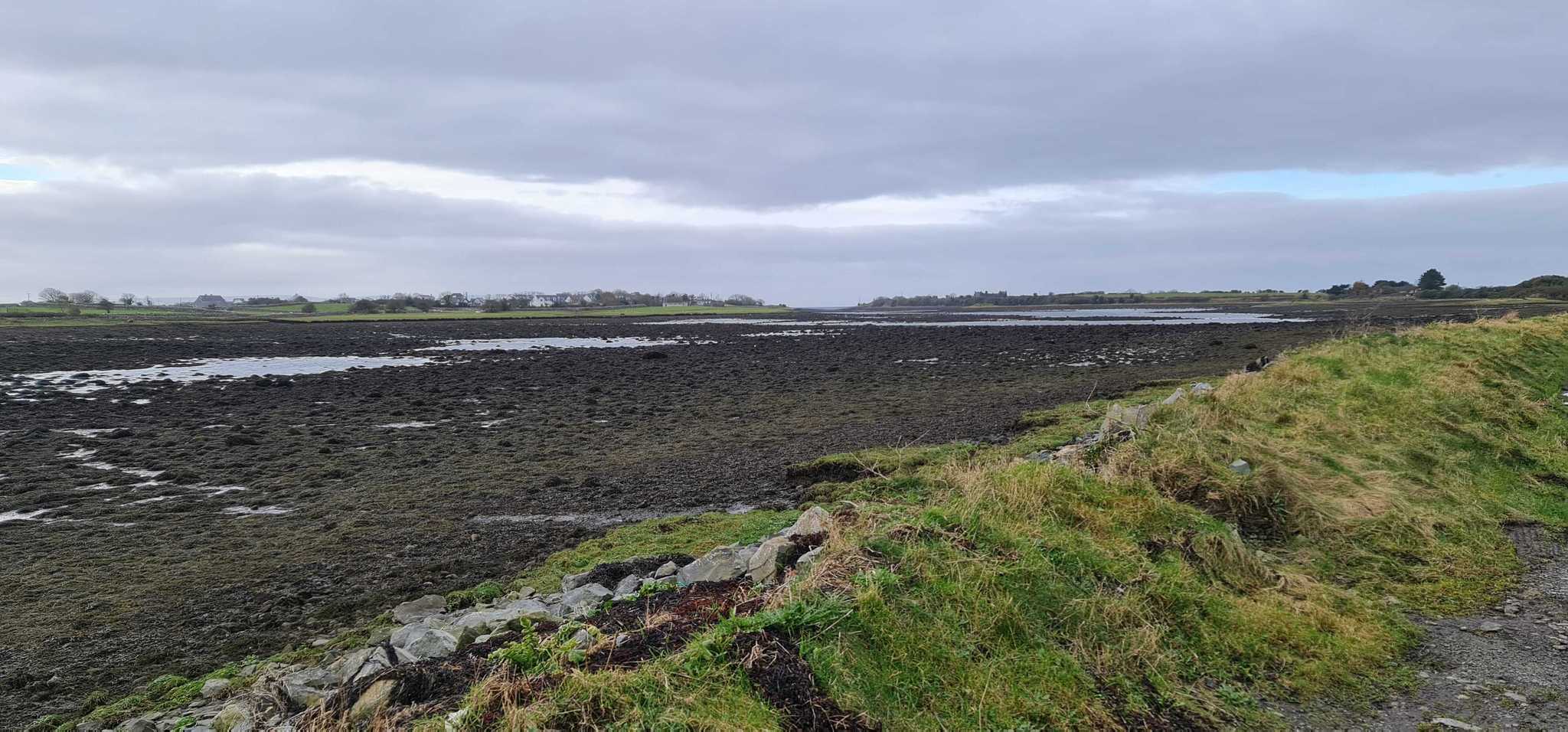Introduction to Algasat
In 2020. The SBIR (Small Business Innovation Research) challenge led by the Marine Institute in collaboration with Enterprise Ireland was launched to enable public bodies to fund research and drive innovation to address specific requirements not currently deliverable through the marketplace.
In Oct 2020, Enterprise Ireland and the Marine Institute issued an open call to technology innovation companies to address the challenge towards achieving a national baseline of intertidal seaweed resource distribution in Ireland.
The Team
Fathom, a business technology consulting company based in Dublin have partnered with the Earth and Ocean Sciences dept of National University of Ireland Galway and Arramara Teo, Ireland's leading Seaweed harvester, to focus on the potential for Earth Observation (EO) / satellite data augmented by ground truthing to address the challenge. In 2021, The Irish Centre for High-End Computing (ICHEC) also joined the project to assist with our modeling and machine learning algorithm.
The Project
This challenge aims to produce accurate estimates of seaweed resource distribution and biomass through development and application of the latest technological innovations. Conventional ground surveys to estimate seaweed biomass are time-consuming, expensive and sometimes dangerous due to inaccessible terrain.
Over the initial four months, the consortia designed our concept and developed the technical feasibility of their proposed concept, via robust evidence based case studies.
Based on these results the Marine Institute selected the Fathom led consortia to build a demonstrator to prove the scalability of the solution, and to develop a clear path to commercialisation.
The result is Algasat, a Seaweed biomass prediction product powered by Earth Observation data, which is being offered as a platform or a service offering. Algasat is securely accessible via a web application and allows teams to collaborate on their seaweed research. The platform is cloud hosted, accessible over the Internet and does not require any local client installations.
Advantages of Algasat
Algasat is more cost effective than traditional ground truthing. Currently, mapping of seaweed resources is usually carried out using field mapping. Although field mapping is exceptionally reliable at accurately mapping the seaweed, it is logistically challenging and costly. Cost of field mapping is high due to many factors such as field equipment, safety, use of hovercraft, etc. Use of remote sensing techniques are not new for mapping seaweed, and recently the application of drones is on the rise. The use of drones has some added benefits such as high spatial and spectral resolution and decreased effect of cloud cover; however, this technique is not sustainable since it must be operated regularly.
This technology, based on Earth Observation data and machine learning, is expandable, replicable, cost-effective and more reliable, compared to field mapping and drone-based technologies. We expect that the method can be adapted to other seaweed species and it is highly scalable. While focusing on the Irish shoreline for this challenge, our solution will be designed for use anywhere in the globe which is also novel.
Because of the inherent reliance of the model on the training samples, the model accuracy and robustness will increase with the addition of more samples in the future. Any future harvesting can be incorporated into the model for validation and training purposes which gives the model the opportunity to get trained with a greater variability of data. Unlike other mapping techniques, this approach is based on the idea of continuous improvement and deployment.
At present, to our knowledge, there is no commercial platform available in the market which allows for the recognition and monitoring of intertidal seaweed and collating several EO data sets with others such as field mapping and UAV data to provide a holistic solution.
Another advantage of a remote system is that it will reduce potential invasive disturbance and trampling of wildlife, compared with physical surveys, thereby reducing potential impacts.
If you require more information please contact greg.cawley@fathomtech.io
